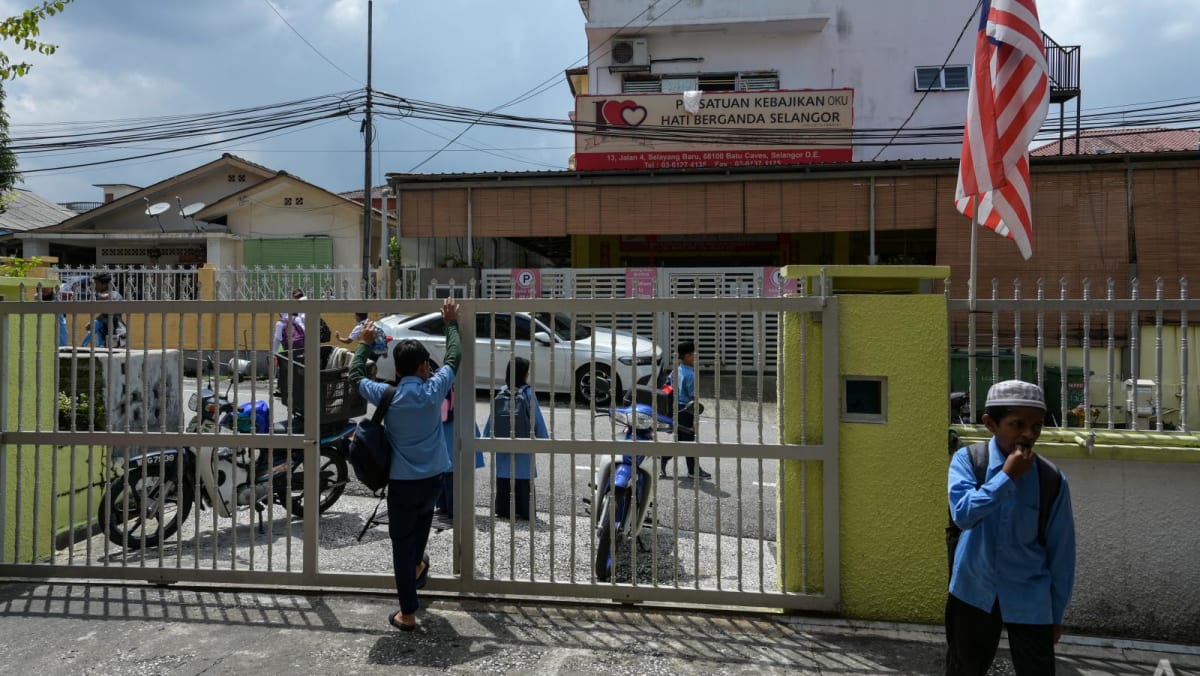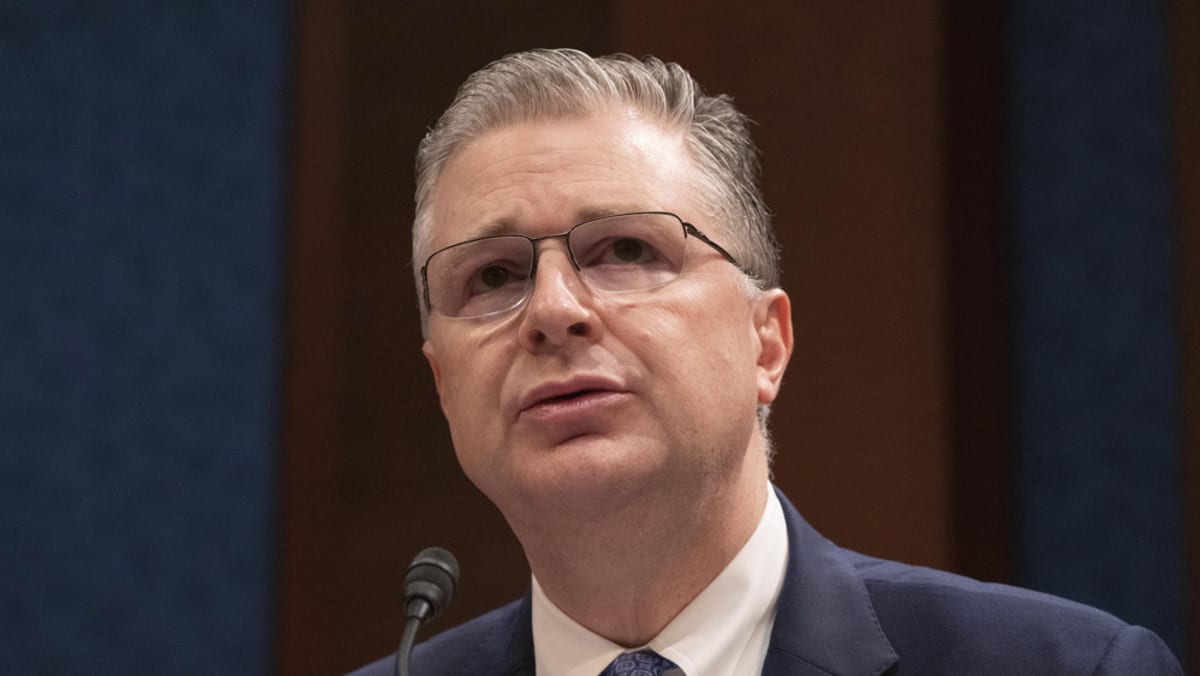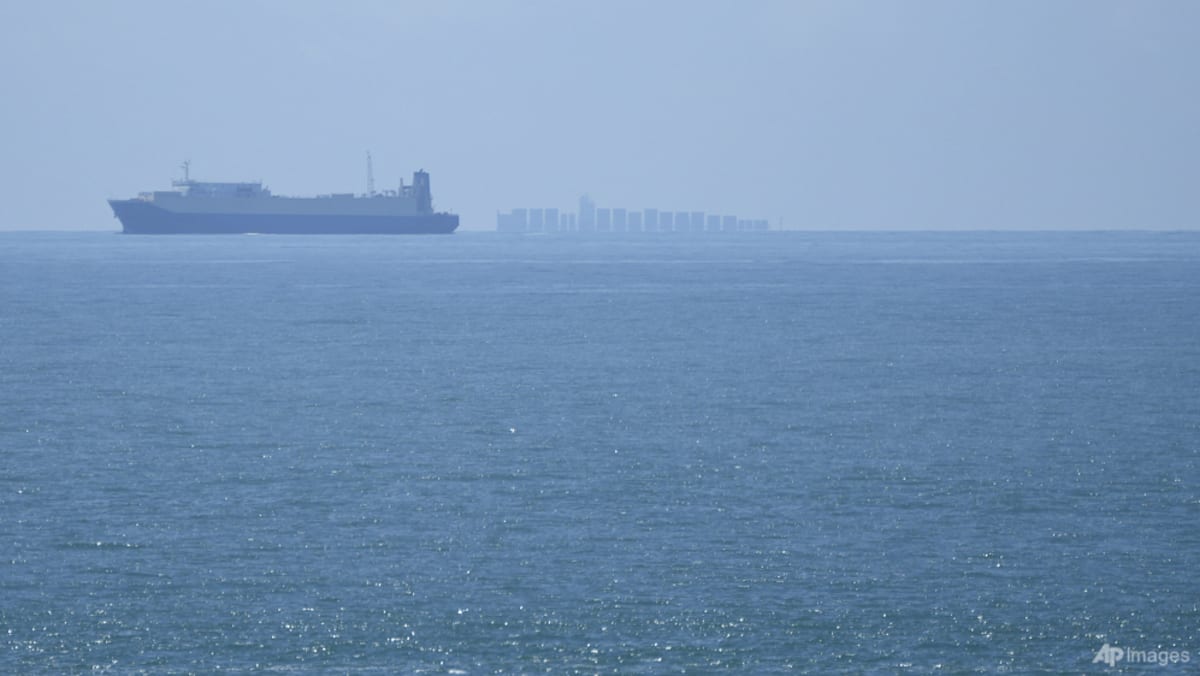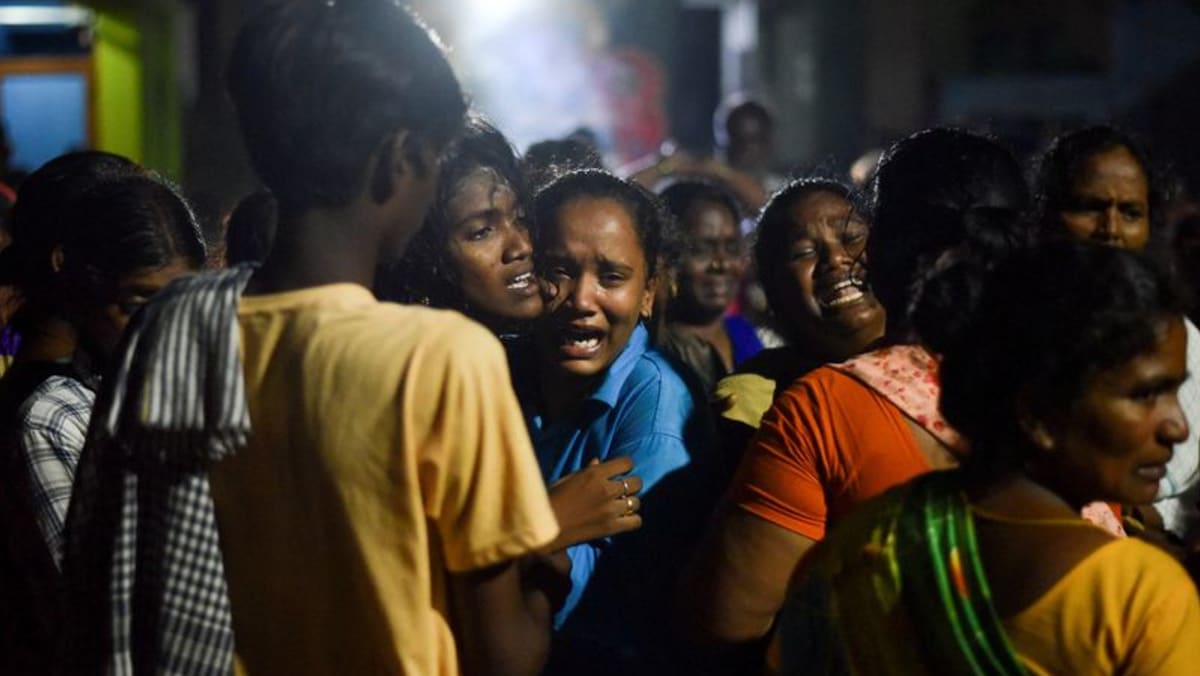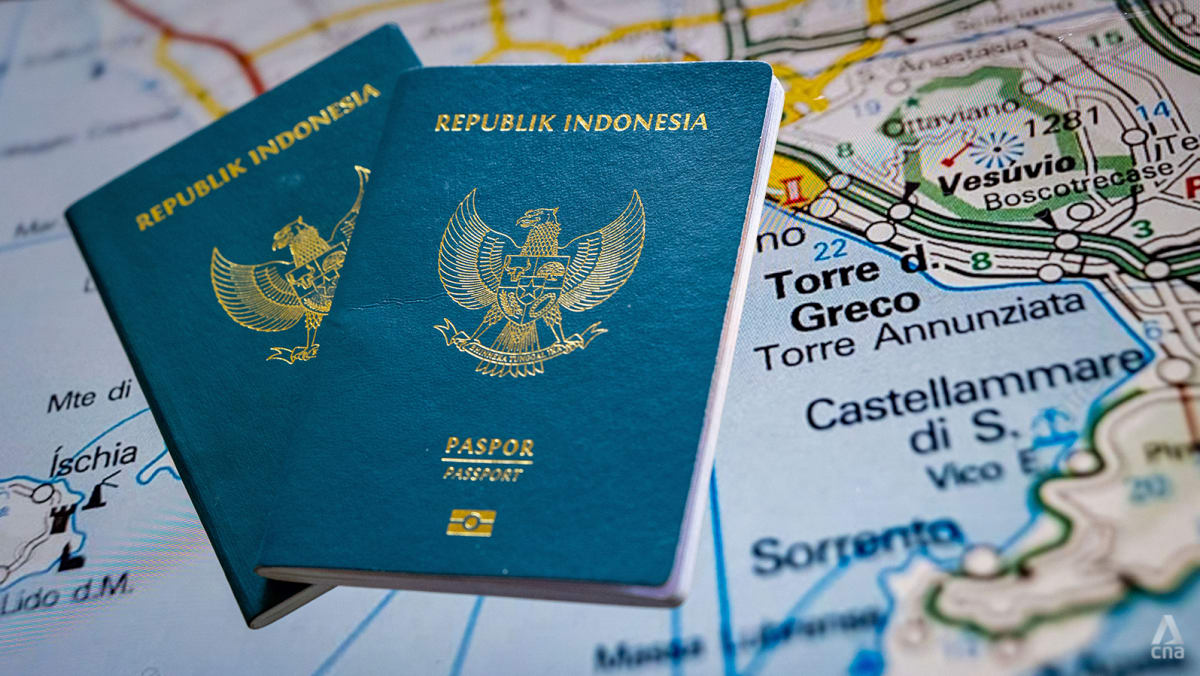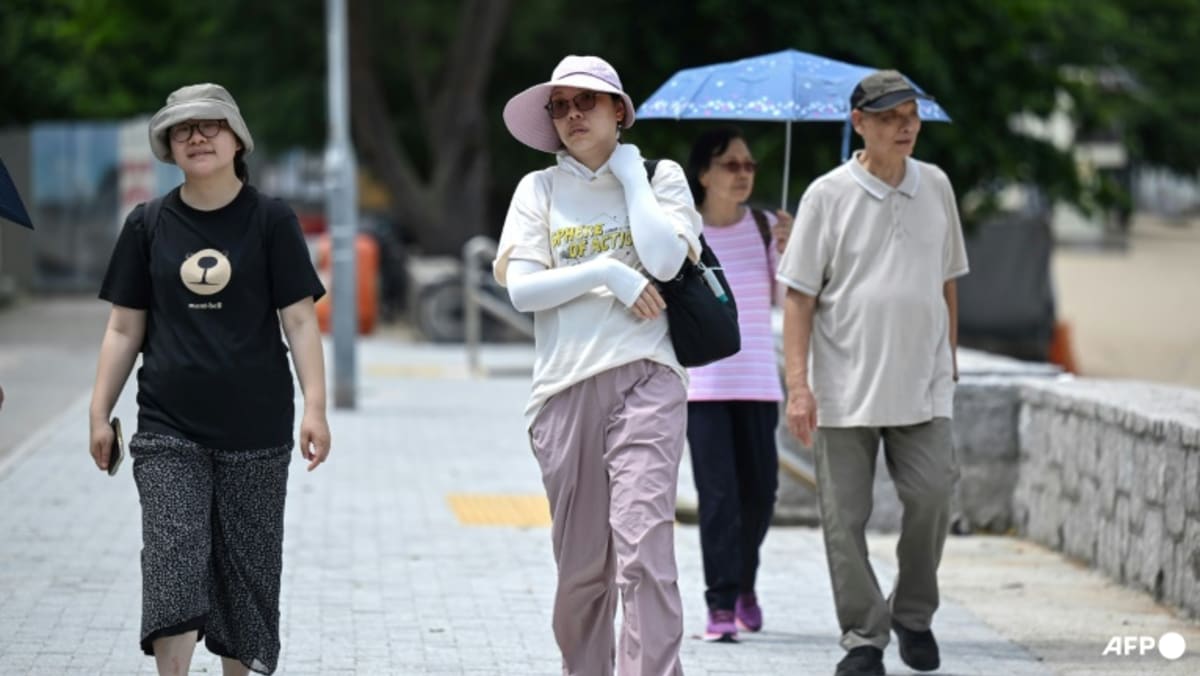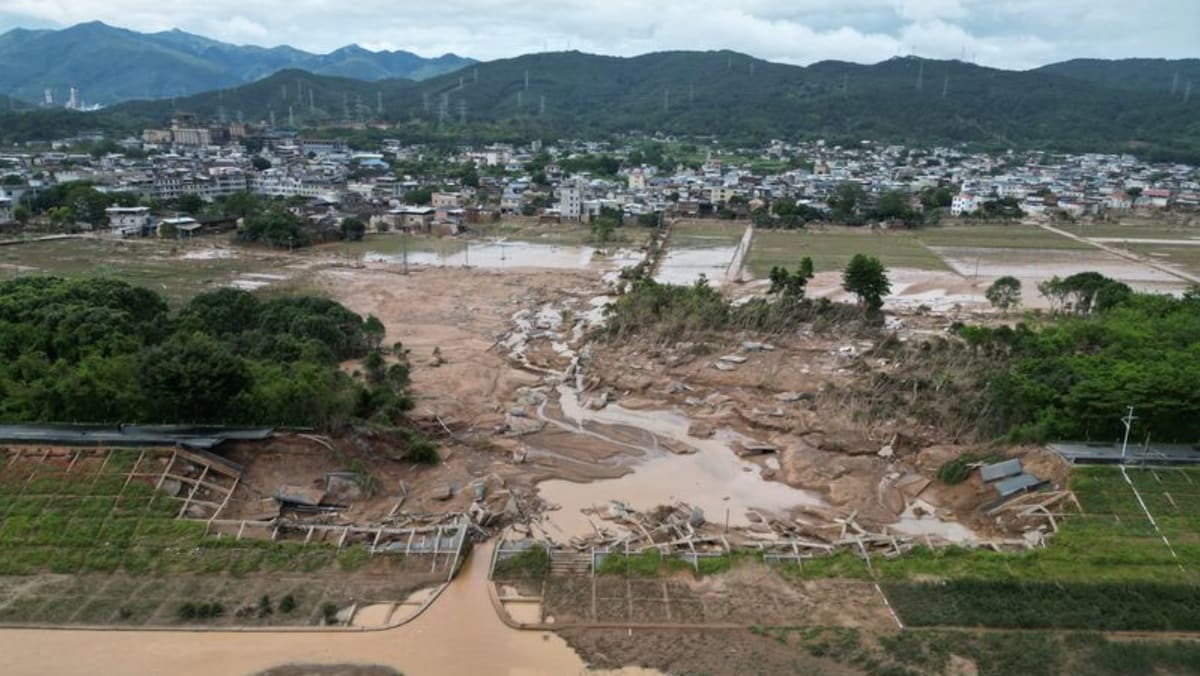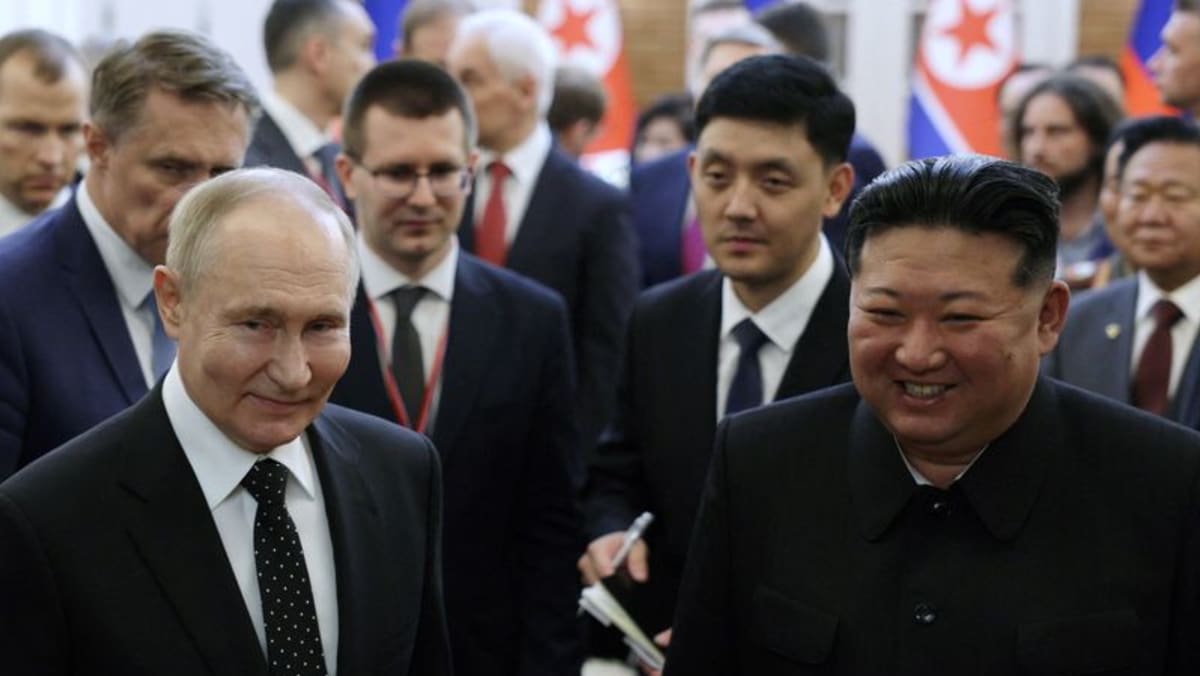In contrast, a search for “Palestine refugees in Malaysia” on TikTok does not turn up such negative sentiments. The videos usually centre around Malaysia’s support for the Palestinian cause, and informal interviews with Palestinians living in Malaysia.
At least two Reddit threads have called out what appears to be a difference in how Malaysians perceive Rohingya and Palestinian refugees. “Why do Malaysians put so much effort into helping Palestinians, when in your own region, the Rohingya … faced a considerable amount (of) xenophobia in Malaysia” one asked.
Activists have taken notice too. Ms Lubna Sheikh Ghazali of Asylum Access Malaysia said the country championed the Palestinian cause but seemed to have “double standards” when it came to Rohingya refugees.
“We seem to have collective amnesia and are selective about who deserves protection,” she was quoted by Free Malaysia Today as saying at a human rights forum on Mar 19.
According to UNHCR figures as of May this year, Malaysia hosts about 189,340 refugees and asylum-seekers.
When someone crosses an international border seeking safety, they often need to apply to be legally recognised as a refugee, which in Malaysia’s case is indicated by the possession of a UNHCR card.
Asylum-seekers are people who intend to request for international protection, or are awaiting a decision on this request. Not every asylum-seeker will ultimately be recognised as a refugee.
Some 88 per cent of refugees and asylum-seekers in Malaysia are from Myanmar, including around 109,230 Rohingyas. The remaining are from 50 other countries, including Pakistan, Yemen, Somalia and Syria.
There are at least 620 Palestinian refugees and asylum-seekers in Malaysia, according to UNHCR figures, although some reports have indicated there could be as many as 2,500 of them in the country, with 30 per cent of these being students.
Despite that, Malaysia is not a signatory to the 1951 UN Refugee Convention and its related 1967 protocol, meaning refugees cannot work legally or go to government schools.
Instead, refugees are considered undocumented or illegal migrants under the Immigration Act, and depend on non-governmental organisations (NGO) such as the Malaysia-based Refugee Emergency Fund for financial aid.
While the UNHCR card provides a 50 per cent discount on foreigner fees for refugees receiving treatment at public hospitals, it does not offer any further financial benefits.
DIFFERING TREATMENT
But as the Israel-Hamas war erupted in Gaza near the end of 2023, a bipartisan parliamentary group on refugee policy called on the government to issue a “Special Pass” for all Palestinians in Malaysia to allow them temporary stay and work.
Malaysia’s government – a long-time supporter of the Palestinian cause – then said it would cover the study fees of Palestinian students at public universities, while those studying at private institutes would receive discounts of between 10 to 100 per cent.
On the other hand, a 2023 initiative to allow Rohingya refugees to study at the International Islamic University of Malaysia was made possible only through a grant from the Qatar Fund for Development. Meanwhile, authorities’ raids on illegal Rohingya settlements and businesses are prominently highlighted in the media.
Dr Benjamin Loh, a senior lecturer in media and communication at Taylor’s University, told CNA that Palestinians in Malaysia are not perceived as refugees – despite their official status as such – but as educated people who will one day return to the Middle East to fight for their land.
“But for the Rohingyas, there is this rhetoric that they are considered a low-class type of migrant,” he said, arguing that unlike the Palestinians, Rohingya refugees are seen as stateless people who ran from their country.
“So, they are considered to add very little value as they only work in low-wage types of jobs. As a result of that, there is this sort of a very xenophobic view towards them, because they’re not seen as being beneficial to the country,” said Dr Loh.





